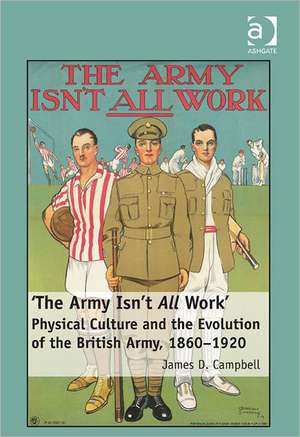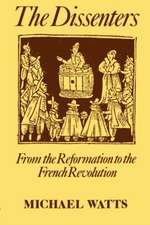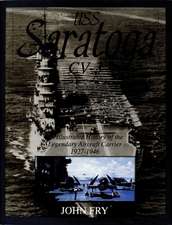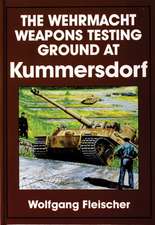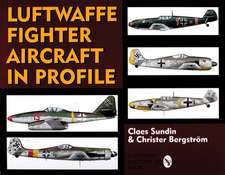'The Army Isn't All Work': Physical Culture and the Evolution of the British Army, 1860–1920
Autor James D. Campbellen Limba Engleză Hardback – 28 sep 2012
| Toate formatele și edițiile | Preț | Express |
|---|---|---|
| Paperback (1) | 469.34 lei 6-8 săpt. | |
| Taylor & Francis – 25 mai 2017 | 469.34 lei 6-8 săpt. | |
| Hardback (1) | 1058.65 lei 6-8 săpt. | |
| Taylor & Francis – 28 sep 2012 | 1058.65 lei 6-8 săpt. |
Preț: 1058.65 lei
Preț vechi: 1291.04 lei
-18% Nou
Puncte Express: 1588
Preț estimativ în valută:
202.60€ • 209.91$ • 169.08£
202.60€ • 209.91$ • 169.08£
Carte tipărită la comandă
Livrare economică 21 martie-04 aprilie
Preluare comenzi: 021 569.72.76
Specificații
ISBN-13: 9781409436966
ISBN-10: 1409436969
Pagini: 238
Dimensiuni: 156 x 234 x 14 mm
Greutate: 0.57 kg
Ediția:1
Editura: Taylor & Francis
Colecția Routledge
Locul publicării:Oxford, United Kingdom
ISBN-10: 1409436969
Pagini: 238
Dimensiuni: 156 x 234 x 14 mm
Greutate: 0.57 kg
Ediția:1
Editura: Taylor & Francis
Colecția Routledge
Locul publicării:Oxford, United Kingdom
Cuprins
Contents: Introduction; Part I Mens Sana in Corpore Sano: the Origins of the Army Gymnastic Staff and Regimental Sport, 1860-1880: Officer sport: aristocrats and schoolboys; The other ranks: health, morals and morale; The army gymnastic staff and regimental sport. Part II 'Play Up and Play the Game': Physical training and Army Sport, 1880-1908: 'A marvellous improvement in the rank and file': physical training at the turn of the century; 'No better pastime for soldiers': the expansion of army and regimental sport; 'They have taken to our manly European games': military athleticism and the empire. Part III 'Training for Sport is Training for War': 1908-1914: Physical training and national preparedness; Maturity: the institutionalization of army sport; The war game: mobilization and 'the death of an army'. Part IV 'The Greater Game': Army Physical Culture in Wartime: Civilians to soldiers: sport and fitness in Kitchener's new armies; 'Make them tigers': the army physical and bayonet training staff; 'The greater game': wartime recreational training; Epilogue: 'raise the tone': the formation of the Army Sport Control Board; Select bibliography; Index.
Notă biografică
Brigadier James D. Campbell is a career US Army officer and is currently serving as the Adjutant General of Maine. He is a graduate of the US Army War College, has a Ph.D. in British History, and has been an adjunct professor of History at the University of Maine since 2000.
Recenzii
'This book is visually beautiful. From the full-colour reproduction of a recruiting poster that forms the cover image to the numerous black-and-white photographs of men engaged in sporting activity that liberally illustrate it, the book is lovely to look at. And these images form only a small part of the rich seam of primary source material that James D. Campbell mines in his examination of the role and development of physical culture in the British Army between 1860 and 1920.' English Historical Review ’...this well-conceived and articulated study makes a compelling case for the extent to which reformers - within and beyond military - were successful in building up the links between the physical health and fitness of individual soldiers and army morale, and of promoting this ideal in civilian contexts as well. The book speaks to the role sport and physical fitness played in shoring up ideals about volunteerism, amateurism and leadership.’ Journal of the Society of Army Historical Research ’Campbell is breaking new ground... in his attempt to relate the army’s development of physical training to the other more recognised advances in professionalism. ...Campbell has usefully told us more about physical culture in the army than we recognised before.’ Social History
Descriere
This book documents the origins and development of formal physical training in the late Victorian Army and the ways in which the Army's gymnastic training evolved into a vital building block of the process of turning a civilian into a fighting man. It also assesses the nature and extent of British military sport, particularly regimental sports, during this period of evolution for the Army.
